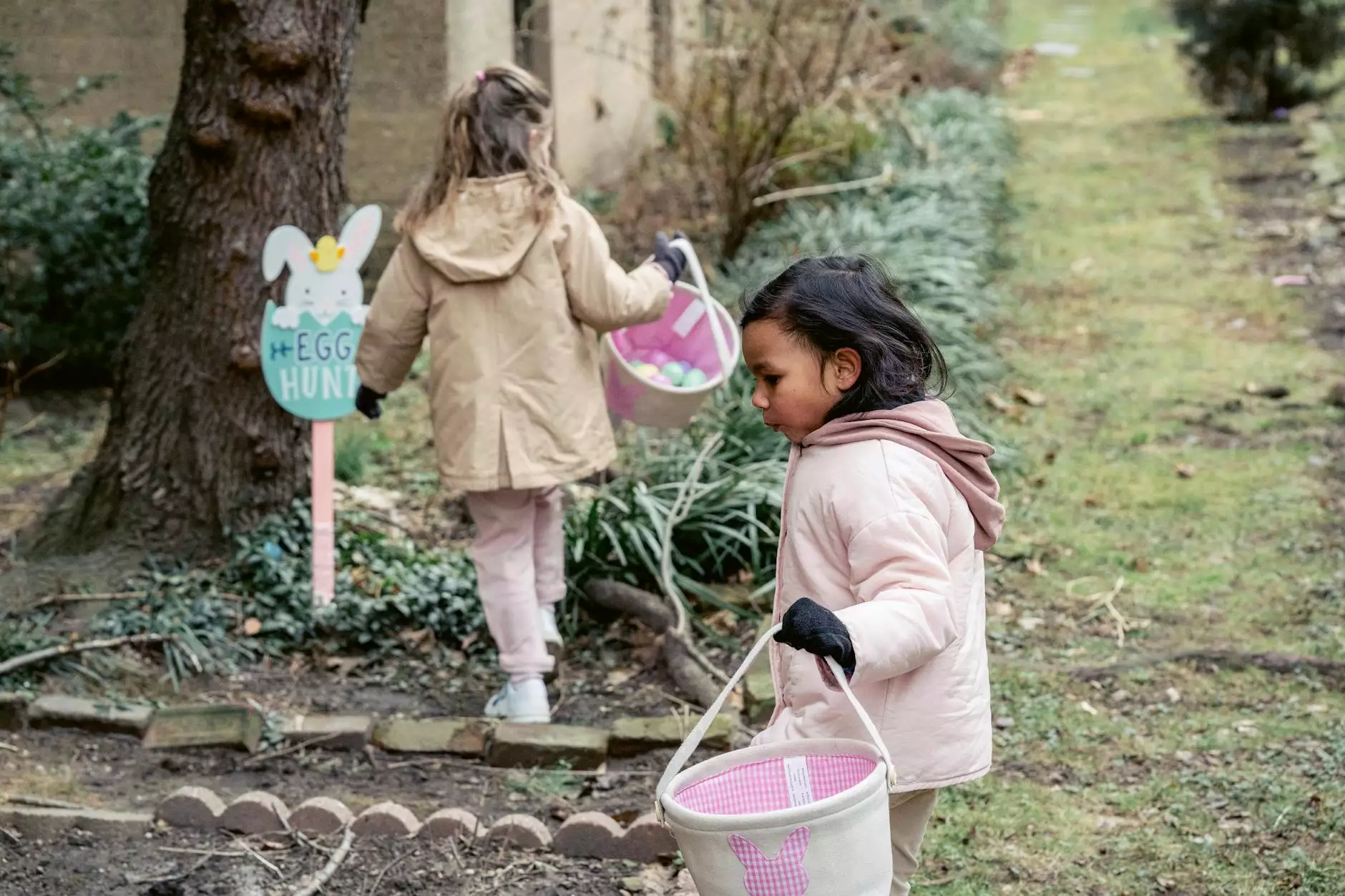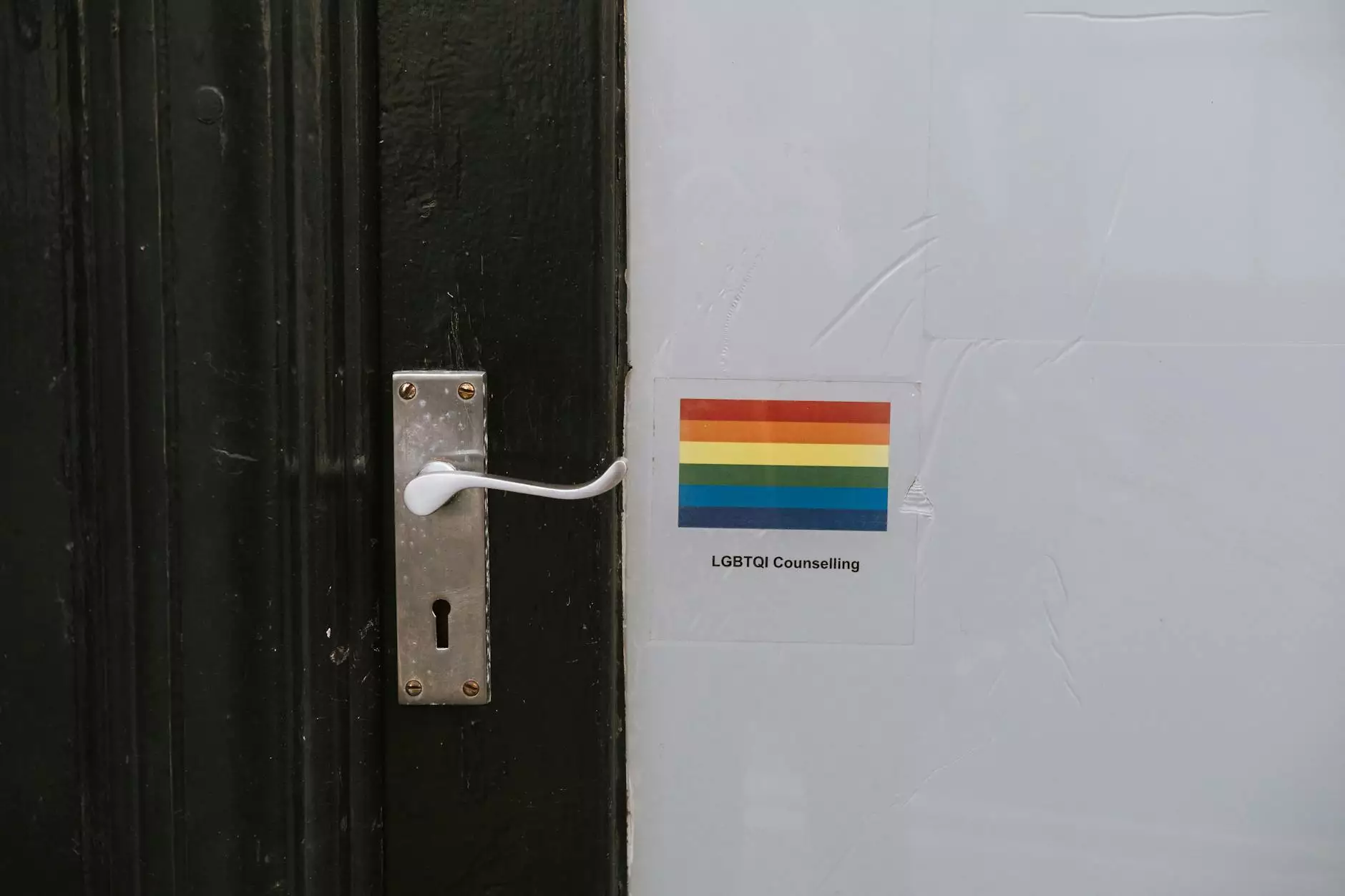Recycling and Reuse Guide

Introduction
Welcome to the Recycling and Reuse Guide! In this comprehensive guide, we'll explore the importance of recycling and how you can make a positive impact by reducing waste and adopting sustainable practices. Whether you're an individual or a business owner, this guide will provide valuable insights and tips on how to recycle efficiently in Dubai.
Why Recycling Matters
Recycling plays a crucial role in preserving our environment and conserving valuable resources. By recycling, we can significantly reduce the amount of waste that ends up in landfills and minimize the need for raw materials extraction. Recycling also helps in reducing greenhouse gas emissions, conserving energy, and protecting natural habitats.
Benefits of Recycling
- Conservation of Natural Resources: Recycling reduces the need for extracting new raw materials, which helps protect forests, wildlife habitats, and ecosystems.
- Energy Conservation: Recycling materials requires less energy compared to producing goods from raw materials, leading to a reduction in carbon emissions.
- Waste Reduction: By diverting waste from landfills, recycling helps in minimizing environmental pollution and conserves landfill space.
- Job Creation: Recycling industries create employment opportunities and contribute to the local economy.
Recycling Guide for Dubai
1. Understand the Recycling System
Dubai has an effective municipal solid waste management system in place. Familiarize yourself with the recycling policies and guidelines implemented by the municipality to ensure efficient waste disposal and recycling. Check the Dubai Municipality website for detailed information on recycling centers and collection points.
2. Sort and Separate Waste
Proper waste sorting is essential for effective recycling. Separate recyclable materials such as paper, plastic, glass, and metal from non-recyclable waste. Ensure that recyclables are clean and dry to prevent contamination, as contaminated materials may not be accepted at recycling centers.
3. Plastic Recycling
Plastics are among the most commonly used materials and can have a significant impact on the environment. Find designated recycling bins or centers for plastic waste and make sure to dispose of them accordingly. Consider reducing single-use plastics by using reusable alternatives.
4. Paper Recycling
Paper waste can easily be recycled and turned into new paper products. Make sure to separate paper waste from other types of waste. Opt for paperless options whenever possible, such as digital receipts or online documents, to reduce paper consumption.
5. Glass Recycling
Glass is infinitely recyclable, so make sure to recycle glass bottles and jars. Remove any lids or caps and rinse them before recycling. Broken glass and other types of glass, such as mirrors or window panes, should be disposed of separately as they cannot be recycled with regular glass bottles.
6. Metal Recycling
Metal recycling helps conserve natural resources and reduce energy consumption. Separate metal items, such as aluminum cans and steel containers, for recycling. Check with recycling centers for any specific guidelines when it comes to metal recycling.
7. Electronic Waste Recycling
Electronic waste, commonly known as e-waste, should be properly recycled to prevent hazardous materials from entering the environment. Dispose of old electronic devices, such as smartphones, laptops, and batteries, at designated collection points or recycling centers. Many electronics retailers also offer e-waste recycling programs.
Reuse and Upcycling Ideas
In addition to recycling, embracing the concept of reuse and upcycling can further minimize waste and promote sustainability. Consider the following ideas:
- Donate unwanted items, such as clothing, furniture, and electronics, to local charities or second-hand stores.
- Repurpose glass jars and containers for storage purposes, such as organizing small items like crafts supplies or pantry staples.
- Get creative and upcycle old furniture or clothing into new and unique pieces.
- Share or borrow items with friends and neighbors to reduce unnecessary purchases.
Conclusion
By recycling and reusing, we can all contribute to building a sustainable future. Implementing these practices not only helps protect our environment but also conserves energy, reduces greenhouse gas emissions, and supports local economies. Start making a difference today and become a part of the recycling movement in Dubai!










